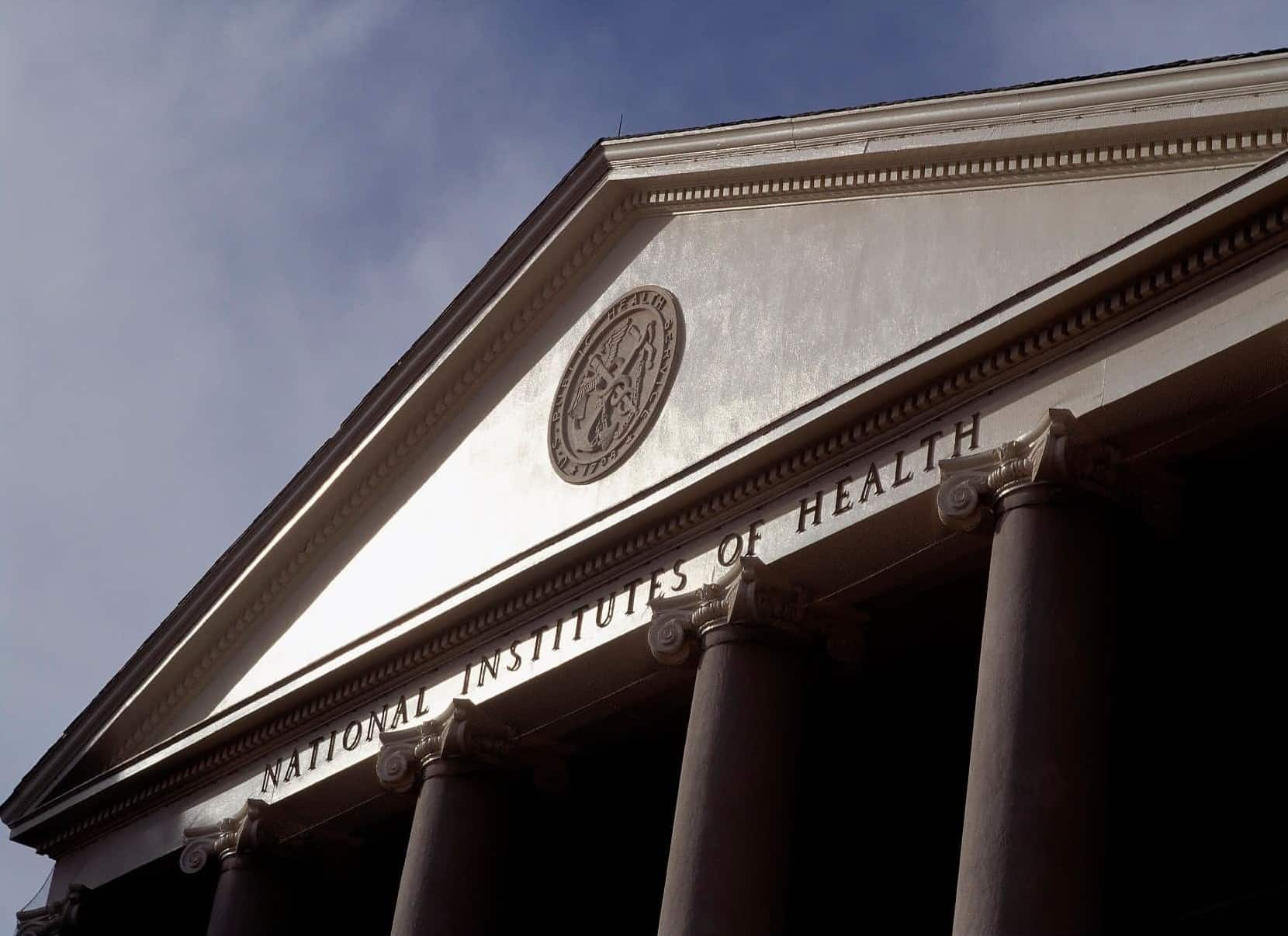The Office of NIH History & Stetten Museum's New Website
Welcome to the Office of NIH History & Stetten Museum's new website! You've reached this page because the content you're looking for isn’t live yet.
Most of our collections - including objects, photographs, and oral histories - are directly accessible from this new site. Feel free to explore our redesigned site by using the new homepage, the links below, or the search box in the upper right corner.
If you are looking for specific information you can't find here, please check again later or contact us via email at history@nih.gov.


